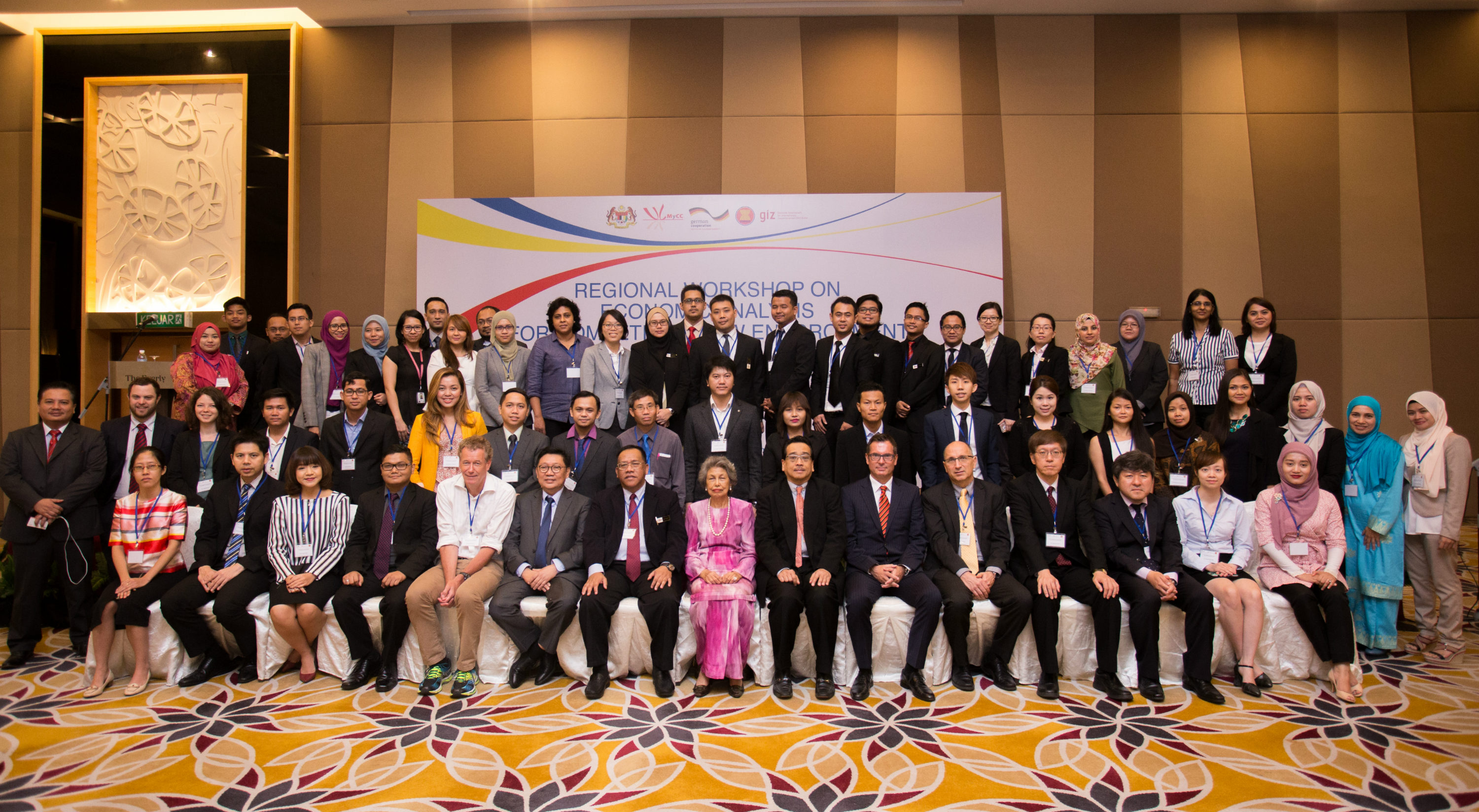Filter News
Latest News
ASEAN Uses Economic Analysis to Assess Anti-Competitive Practices in Public Procurement

A Regional Workshop on Economic Analysis for Competition Law Enforcement was held from 1-2 June 2016 in Putrajaya, Malaysia to discuss the role and scope of economic analysis within the context of Competition Policy and Law (CPL). The workshop serves to highlight the significance of economic analysis in the context of enforcing competition law by focusing on assessing abuse of dominance and collusive practices in public procurement.
Extensive deliberations were made on the importance of competitive public procurement procedures and economic strategies to ensure a fair procurement process, in order to prevent and detect bid-rigging. Experts and ASEAN participants discussed on how to incentivize competitive behavior, assess the likelihood of collusion, as well as identify and investigate suspicious bidding/winning or pricing patterns.
“The use of economic analysis and reasoning is crucial for the effective enforcement of competition law in combatting bid rigging in public procurement, more so than for cartel detection. However, economic evidence can become ambiguous, inadequate or difficult for the court to understand and accept. A competition agency thus needs to assess carefully when using the methods and theories of economic analysis in the investigation of competition cases” said Tan Sri Dato‘ Seri Siti Norma Yaakob, Chairman of Malaysian Competition Commission (MyCC).
ASEAN Member States shared their experiences on how to detect bid-rigging through various approaches, including economic analysis. This shed understanding on current issues, as well as cautioned on the difficulties of employing economic analysis in public procurement matters.
Group exercises were conducted during the Workshop to look at hypothetical cases in order to differentiate between different types of abuse of dominance. Discussions and group exercises were facilitated by the experts from the Frankfurt School of Finance and Management, the Business Competition Supervisory Commission of Indonesia (KPPU), the Japan Fair Trade Commission (JFTC), the Australian Competition and Consumer Commission (ACCC), and the Deutsche Gesellschaft für Internationale Zusammenarbeit (GIZ) GmbH.
The Workshop was hosted by the MyCC and supported by the ASEAN Secretariat and GIZ, through the “Competition Policy and Law in ASEAN” (CPL II) project which is funded by the Federal Ministry for Economic Cooperation and Development (BMZ) of Germany.
***
